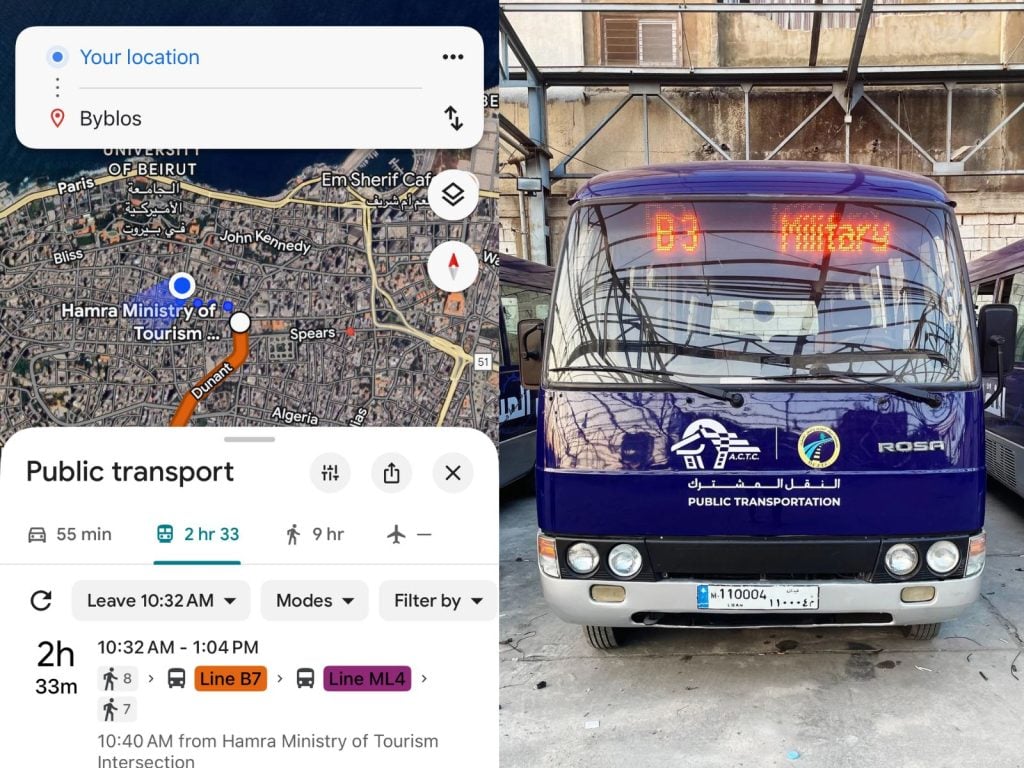Megaphone and SMEX Detail How to Protect Your Data From Enemy Drones
Enemy drones operating over Lebanon have become a worrying source of surveillance, posing serious threats to the privacy of Lebanese citizens’ mobile phone data.
In collaboration with Megaphone News, Mohamad Najem, executive director of SMEX and a recognized digital rights expert, warns about the vulnerabilities these drones exploit and provides concrete advice to minimize their impact.
Here’s how to protect your data from enemy drones hovering over Lebanon, according to SMEX.
How Drones Spy on Mobile Phones
Najem explains that enemy drones are equipped with advanced technologies capable of intercepting communications and extracting data from smartphones merely through proximity.
These drones can scan for nearby devices, identify phone numbers, and potentially access personal information by exploiting weaknesses in unprotected Wi-Fi, Bluetooth connections, or mobile networks. Some drones can collect metadata such as location, device type, and contact lists, particularly when individuals connect to public or insecure wireless networks.
Moreover, drones have high-resolution cameras and microphones that can survey movements and record private moments, further breaching personal privacy. They can pick up signals when devices are connected to local Wi-Fi networks or even detect devices running outdated or vulnerable software. In certain scenarios, compromised devices may even relay private messages and transmit sensitive data unknowingly.
How To Protect Yourself
Based on Najem’s guidance, SMEX outlines the following measures to help safeguard against drone-enabled spying:
– Turn Off Unused Connections: Disable Bluetooth and Wi-Fi when not in use to prevent drones from easily discovering your device or connecting without permission.
– Always Update Your Device: Keep your phone’s system and apps updated, as security patches close critical vulnerabilities that attackers could exploit.
– Use Secure Messaging Apps: Prefer encrypted applications for sensitive communications and avoid sharing private information over unsecured channels.
– Avoid Public Wi-Fi: Refrain from connecting to public or unknown Wi-Fi networks, especially in areas with known drone activity.
– Enable VPN Use: Protect your connection with trusted VPN services, especially when handling confidential communications or personal data.
– Check Permissions: Regularly audit app permissions to ensure no unnecessary access is granted to sensitive data such as contacts, location, and camera.
– Recognize Phishing Attempts: Be wary of suspicious messages or links, especially those promising help or financial assistance from unknown senders.
– Prioritize Legal Protection: Support initiatives and legal reforms that demand better privacy guarantees and government responsibility for securing citizen data.
Protecting your digital data in Lebanon’s hostile environment is about both personal vigilance and broader systemic change. By following this advice, citizens can better guard themselves against intrusive technology and push for stronger collective protections.
Make sure to check out the #Awareness and #News sections for more updates like this. Was this information from SMEX on how to protect your data useful? Make sure to follow them on Instagram.





